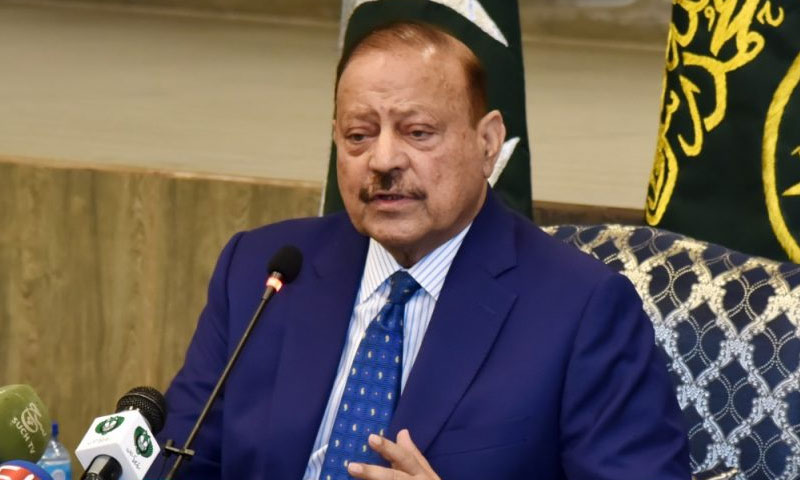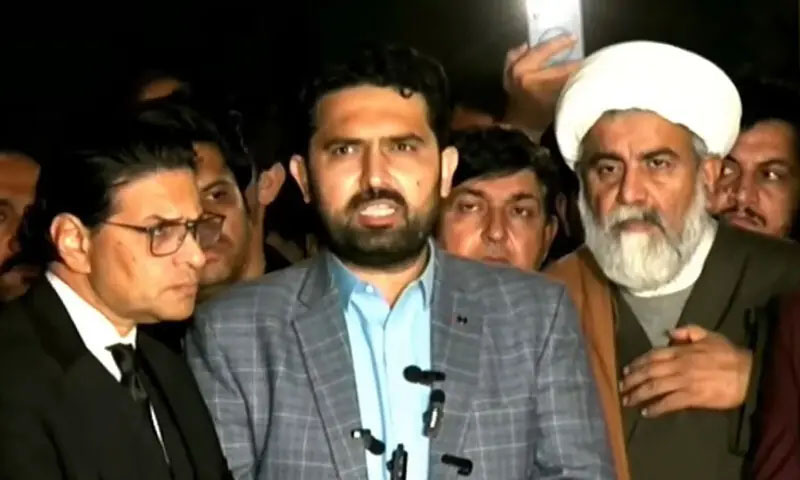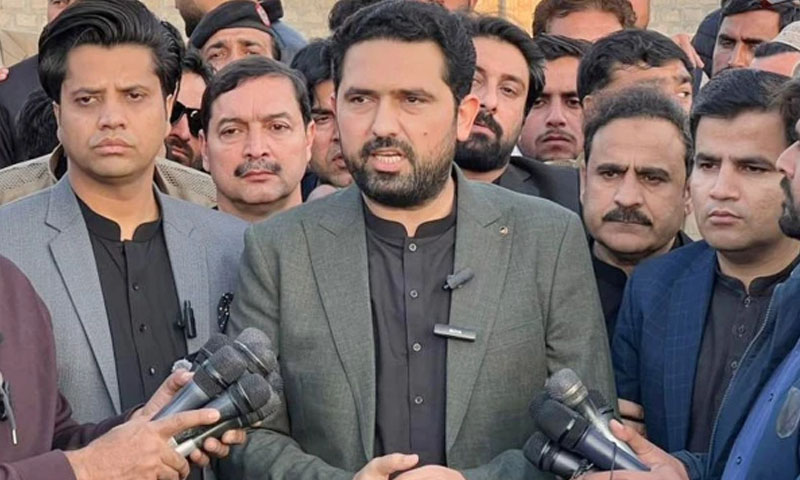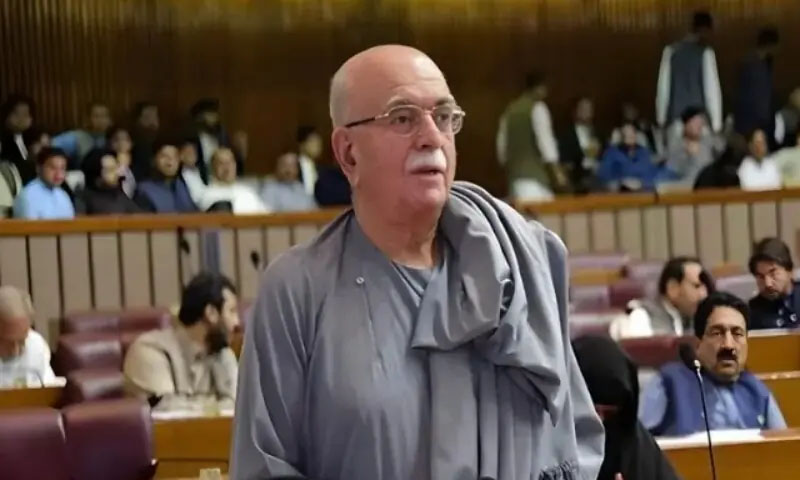- Web Desk
- Jan 31, 2026
IMF holds intensive talks with Pakistan’s bilateral partners to address financing gap
-

- Hum News
- Nov 14, 2023
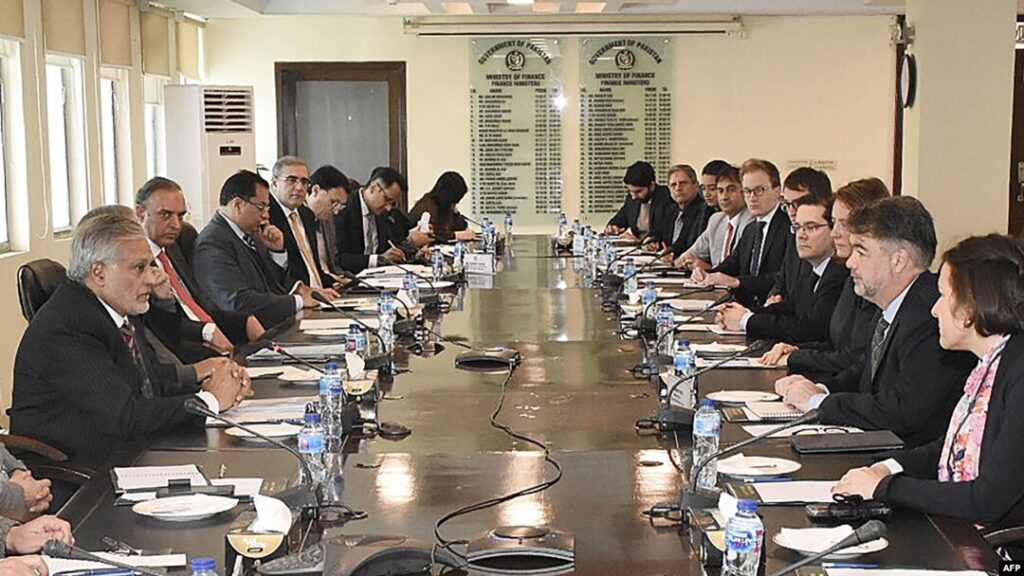
ISLAMABAD: The International Monetary Fund (IMF) is intensifying discussions on the external financing gap, engaging directly with key bilateral partners to secure committed support for Pakistan.
According to Dawn.com, the mission, led by IMF’s chief for Pakistan, Nathan Porter, and caretaker Finance Minister Dr Shamshad Akhtar, held detailed sessions on the first day of policy-level talks.
During background discussions, officials expressed confidence in the successful completion of the first quarterly review. The focus is on securing the disbursement of the $710 million second tranche of the $3 billion Standby Arrangement (SBA) in early December, pending approval from the Fund’s executive board.
Read more: NAB team reaches Adiala jail to arrest Imran Khan
However, the IMF mission expressed concerns about the $28 billion external financing needs during the current fiscal year. Talks are set to conclude on November 15, following direct engagements with friendly countries to confirm promised financing.
Although authorities believe bilateral commitments and funds from multilateral sources like the World Bank and Asian Development Bank are intact, there are uncertainties surrounding $5 billion in commercial loans and $1.5 billion in planned international bonds due to global economic conditions.
Meanwhile, to bridge the financing gap, officials suggest reducing the current account deficit by $2 billion and seek positive signals from the IMF, bilateral lenders, and flows from the Special Investment Facilitation Council (SIFC).
The IMF highlighted SIFC-led policies, addressing concerns about potential distortions in investment and revenue policies. The focus is on expanding the tax base, with an emphasis on increasing taxpayers rather than just return filers.
The IMF has not called for new taxes or rate increases at this stage but recommends expanding the tax net to retailers through a fixed tax scheme.
Discussions also covered the installation of point-of-sale counters for retail sectors and improvements in real estate taxation. Both sides agreed on trigger points for expanded taxation, particularly in December, if needed. Anti-money laundering operations and legal frameworks covering trade-based money laundering were also part of the talks.
Officials are optimistic about finalizing the memorandum of economic and financial policies before the mission concludes.
There is convergence on restricting development spending at federal and provincial levels, addressing energy sector issues, and managing circular debt flows. The caretaker government has not only met but exceeded the Fund’s requirements by retiring over Rs150 billion in guarantees.

